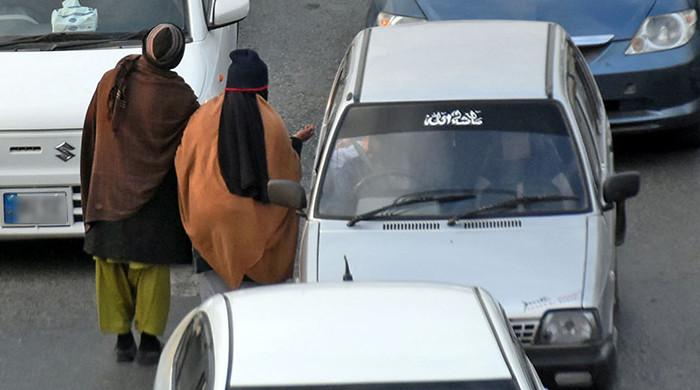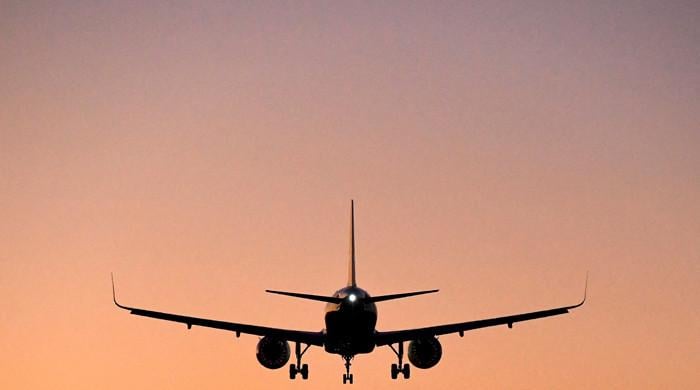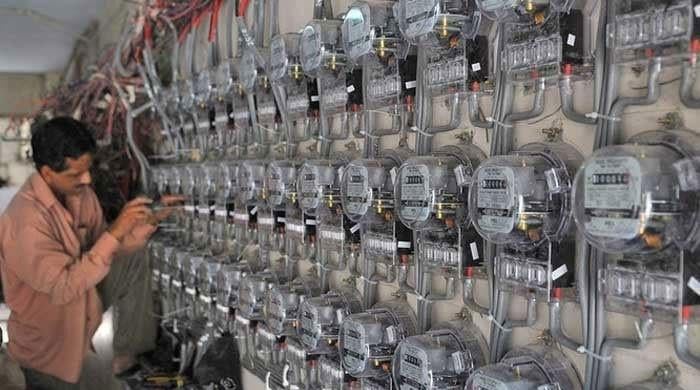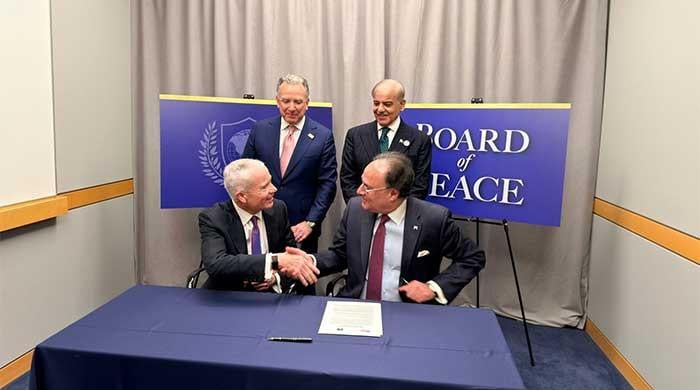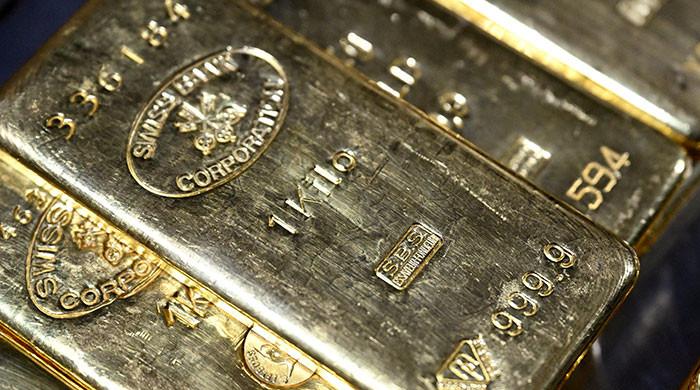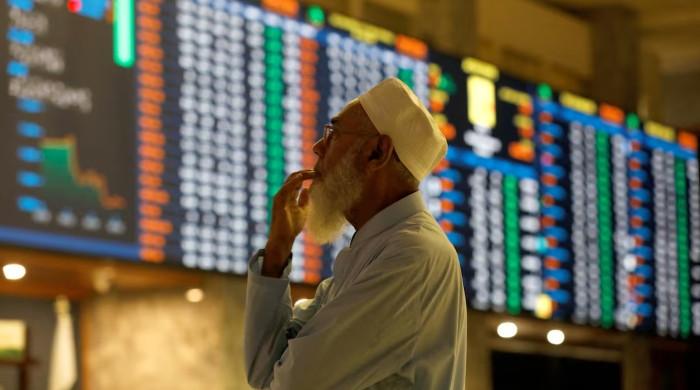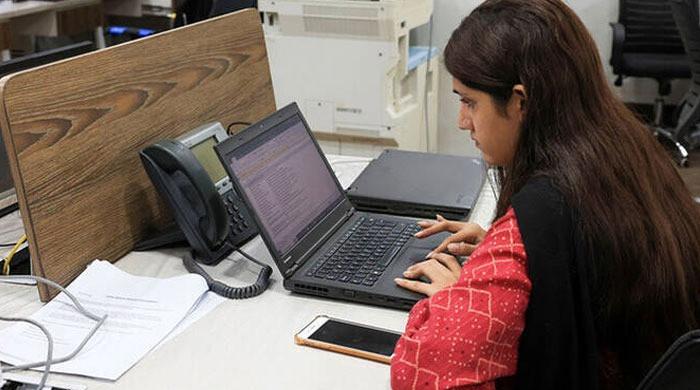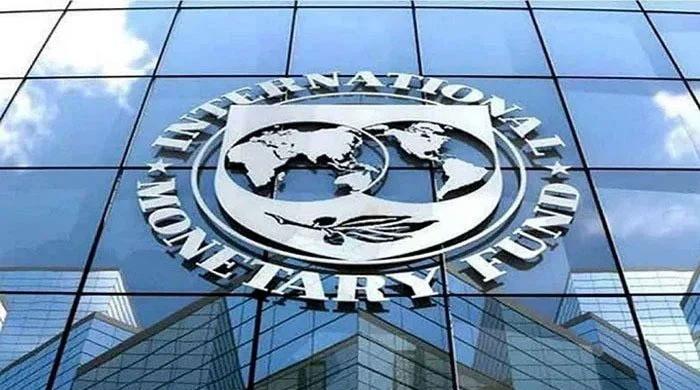Black market booms in Pakistan as dollar becomes hard to find
Analyst says whenever "restrictive policies are imposed grey economy picks up"
December 10, 2022
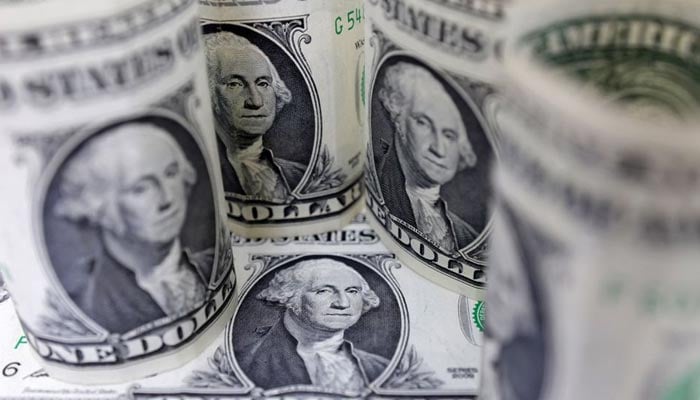
- Money-changing firms claim they have no US currency available.
- In black market, dollars are selling for 10% premium.
- “Whenever you impose restrictive policies, grey economy picks up,” analyst says.
Amid the ongoing currency fluctuations in cash-strapped Pakistan, a black market for dollars has sprung up in Pakistan after the State Bank of Pakistan (SBP) restricted access to foreign currency to preserve depleting reserves — which plunged to a four-year low of $6.7 billion, Bloomberg reported Saturday.
While the money-changing firms claim they have no dollars despite current exchange rates on display outside their businesses, it was learnt that customers could still buy the greenback on the black market at a rate about 10% higher than the one offered in the regular one.
The emergence of a parallel market and the forex shortage have added to the long list of woes for Pakistan — which is already dealing with the repercussions of the devastations caused by cataclysmic floods, economic uncertainty and political turbulence.
Asmat Ullah, chief executive officer of Ravi Exchange Company Pvt, a Lahore-based money-exchange business, said: “A third market has developed now and has become very big.”
The first two markets are the interbank foreign exchange market and the money-changing firms, he said.
Pakistan’s central bank didn’t immediately respond to a request for comment by the publication.
The year 2022 was a roller-coaster ride for Pakistan with floods affecting over 33 million people and causing damage worth over $30 billion.
Meanwhile, the coalition government has also faced several challenges on the political front and is still struggling to pay the debt, with the rupee one of the worst performers globally this year.
The SBP restricted overseas payments and slashed the amount of foreign currency that a person can carry overseas to $5,000 as an immediate action to manage the fast-depleting forex reserves.
Commenting on this, Karachi-based Alpha Beta Core Solutions Chief Executive Officer Khurram Schehzad: “Whenever you impose restrictive policies, the grey economy picks up.”
Moreover, Google stopped payments through its Play Store last month after seeing a delay in payments for in-app purchases. The local units of carmakers Honda Motor and Toyota Motor had multiple weeks-long shutdowns this year because they’ve been unable to import parts.
Acknowledging the shortage, Forex Association Pakistan President Malik Bostan cited two other reasons for it including:
- Increased spending on overseas trips after the pandemic
- Increased demand for currency from neighbouring Afghanistan after the Taliban’s takeover last year
According to dealers, money-changing businesses had limited dollars until a few months ago, but have now run out of US currency. They further added that purchases in the black market aren’t available widely and there are no official transaction records.
They also highlighted that remittances sent by overseas Pakistanis dropped in October to the lowest in eight months while migrant workers are using the black market because it has a better exchange rate. Businesses unable to get transactions cleared by the central bank have also turned to this market, the dealers said.
Local industry groups lamented that around 1,000 food containers have been held up at ports in Karachi this week as transactions aren’t being cleared by banks because of the foreign currency shortage.
Drug manufacturers have also warned about a shortage after not being able to import raw materials.
In a letter to the finance ministry written on December 5, they wrote that the SBP decided in September to approve transactions under $50,000 within two days but the situation hasn’t changed and approvals are taking more than two months.
The phenomenon adds Pakistan to the emerging markets that have seen parallel exchange rates, including Argentina, Lebanon and Nigeria. While a 10% premium isn’t particularly large, the emergence of the market could wrest control of foreign exchange away from the usual authorities and have a negative impact on foreign investment and the business environment.
Head of emerging and frontier markets strategy at research firm Tellimer in Dubai, Hasnain Malik, said: “The access to dollars is clearly tight, impacting importers and remittances through official channels.”
Although the currency has lost more than a fifth of its value against the greenback this year, the dollar premium in the illegal market may also signal more weakness going forward for the country’s rupee.




